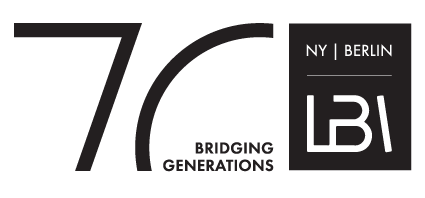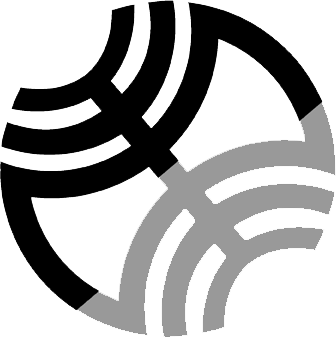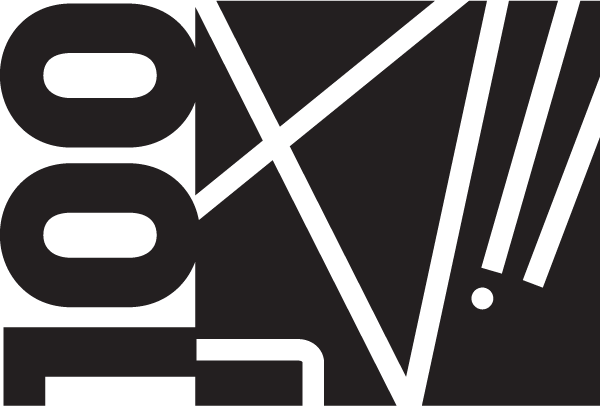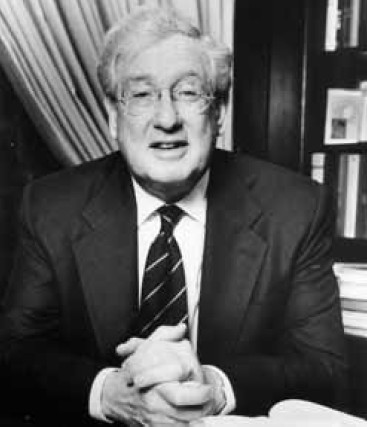HOURS
Reading Room
Mon-Thurs: 9:30am-4:30pm
Genealogy Institute
Mon: 9:30am-4:30pm
Tue-Fri: By appointment only
Free Exhibit Spaces
Mon – Wed: 9:30am – 4:30pm
Thurs: 9:30am – 8:00pm
Fri & Sat: Closed
Sun: 11am – 5pm
Ruth's Bookstore
Mon – Wed: 9:30am – 4:30pm
Thurs: 9:30am – 8:00pm
Fri & Sat: Closed
Sun: 11am – 5pm
Make sure to check our holiday closures prior to visiting.
Last entry to the Center for Jewish History Exhibitions, Reading Room, and the Genealogy Institute is 1 hour before closing. The last call to page items in the Reading Room and Genealogy Institute is 3pm.

American Jewish Historical Society (AJHS) is the oldest ethnic, cultural archive in the United States. Established in 1892, AJHS is home to more than 30 million documents and 50,000 books, photographs, artworks, and artifacts that reflect the history of the Jewish presence in the United States from 1654 to the present. AJHS stewards a vast range of treasures about the American Jewish experience, including: the first American book published in Hebrew; the handwritten original of Emma Lazarus’s poem “The New Colossus,” which graces the base of the Statue of Liberty; records of the nation’s leading Jewish communal organizations; and significant collections in the fields of education, philanthropy, science, sports, business, and the arts. AJHS provides equitable access, offers dynamic interpretive resources, and fosters research to enable diverse users to learn from and share in the remarkable and transformative stories contained in its records.

American Sephardi Federation (ASF) preserves and promotes the history, traditions, and rich mosaic culture of Greater Sephardic communities as an integral part of the Jewish experience. ASF hosts high-profile scholarly and cultural events and exhibitions, produces widely-read online and print publications, supports research, scholarship, the ASF Institute of Jewish Experience, Broome & Allen and Sephardi House Fellowships, and the National Sephardic Library, as well as represents the Sephardi voice in diplomatic and Jewish communal affairs as a member of the Conference of Presidents of Major American Jewish Organizations and World Jewish Congress.

Leo Baeck Institute (LBI), a research library and archive, was founded in 1955 by a circle of émigré Jewish intellectuals who resolved to preserve the vibrant history and culture of German-speaking Jews after the destruction of the Holocaust. In the decades since, LBI has worked to fulfill that mission by building one of the world's most significant repositories of sources on German-Jewish life, now encompassing more than five million digitized items as well as an 80,000-volume research library. From rare Renaissance-era books to modern scholarship and the papers of luminaries and ordinary families alike, the collection documents the richness of Jewish life in Central Europe, which LBI promotes through its public programs, exhibitions, and support for scholars.

Yeshiva University Museum (YU Museum) was founded in 1973 with the mission to present, research, and interpret Jewish art and culture across history and around the globe. A prominent cultural resource and tourist destination, the Museum develops artistically creative and thought-provoking exhibitions that offer revealing perspectives on Jewish texts, traditions, and experiences. Through its collections of art and material culture, engaging exhibitions, and educational and public programs, the Museum invites diverse audiences to explore contemporary and historic Jewish art and life. As a teaching Museum, YUM provides creative learning opportunities for students and visitors of all backgrounds and ages.

YIVO Institute for Jewish Research (YIVO) was founded in 1925 in Vilna, Poland (now Vilnius, Lithuania) as the Yiddish Scientific Institute. YIVO is dedicated to the preservation and study of the history and culture of East European Jewry worldwide. Headquartered in New York City since 1940, for nearly a century, YIVO has pioneered new forms of Jewish scholarship, research, education, and cultural expression. The YIVO Archives contain more than 24 million items, including manuscripts, documents, photographs, sound recordings, artworks, films, posters, sheet music, and other artifacts, and our Library features over 400,000 volumes in major European languages. Our public programs and exhibitions, as well as online and on-site courses, enable us to share our vast resources with individuals worldwide.









